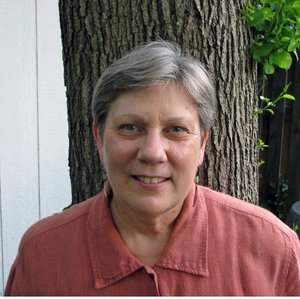Tar River Center Lecture to Highlight Franklin County's First Home Extension Agent, March 3

Lu Ann Jones, a historian who has studied and written about women, agriculture and the South, will discuss the career of pioneering home extension agent Anne Pauline Smith during the the Tar River Center for History and Culture's annual Joseph E. Elmore Lecture at 7:30 p.m., Thursday, March 3 in Benson Chapel, located on the Louisburg College campus. Jones' lecture is free and open to the public.
Jones will examine Smith's life and work as Franklin County's first home demonstration agent in the early 1900s, teaching farm women new homemaking skills. Smith was chosen in 1922 to supervise home extension work in North Carolina's Tidewater District, later renamed the Northeastern District. She later moved on to NC State University, where she was a key member of the statewide home extension staff. A native of Franklin County, Smith owned a home on Cedar Street in Louisburg, enhancing it with many of the skills she had acquired through her professional work. Fiercely independent, Smith refused to marry her fiance, Dr. Frank Alford, until her retirement so she could pursue her career.
Lu Ann Jones is currently with the Park History Program of the National Park Service in Washington, D.C. For more than 25 years, she has worked as a historian in a variety of settings. She directed "An Oral History of Southern Agriculture" at the National Museum of American History, Smithsonian Institution, from 1986 to 1991.
Jones taught in the history departments of East Carolina University and the University of South Florida between 1996 and 2009. She has served as a scholar on a number of community-based history projects sponsored by the North Carolina Humanities Council. Her publications include "Mama Learned Us to Work: Farm Women in the New South" and "Like a Family: The Making of a Southern Cotton Mill World."
The 2015-16 Tar River Center for History and Culture Lecture Series, "Agricultural Improvement in North Carolina and the Tar River Valley," is made possible in part by funding from the North Carolina Humanities Council, a statewide nonprofit and affiliate of the National Endowment for the Humanities. Special thanks go also to AgCarolina Farm Credit, Franklin County and the Town of Louisburg.

